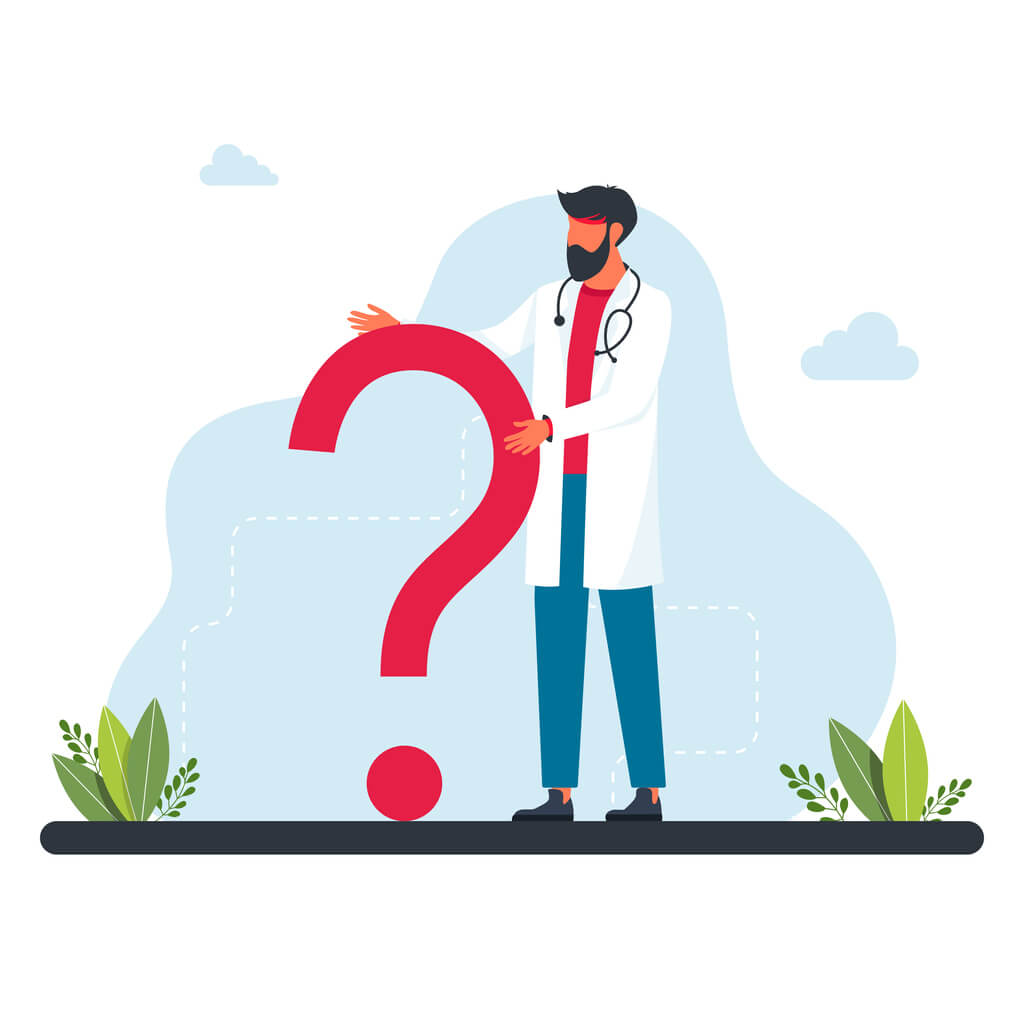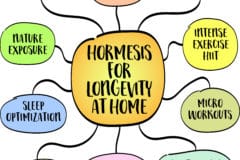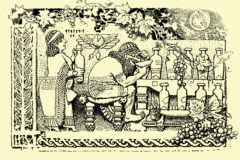The Paradox of Choice, both a book and term coined by Barry Schwartz, suggests that with increased options, we face increased stress, decision paralysis, and dissatisfaction with the chosen option.
This couldn’t be more true when it comes to healthcare. The myriad of options make the process of choosing incredibly overwhelming.
We’ll try to break down some of the options available into digestable (perhaps oversimplified?) bite-sized pieces so that you can make informed decisions about your healthcare.
Modern Allopathic Medicine:
Allopathic medicine, also known as conventional or Western medicine, is a scientific and evidence-based approach to diagnosing, treating, and preventing diseases and illnesses. It primarily relies on pharmaceutical drugs, surgery, and other technological interventions to treat patients. Allopathic medicine is practiced by medical doctors (MDs) and has been responsible for many life-saving medical advancements and treatments.
Root Cause, Whole Body Medicine:
Integrative Medicine:
Integrative medicine combines the best of allopathic and alternative medicine to provide a comprehensive, patient-centered approach to healthcare. It aims to address the root cause of health issues, rather than just treating symptoms, and considers the whole person – mind, body, and spirit.
Functional Medicine:
Functional medicine is a patient-centered, science-based approach that focuses on identifying and addressing the root causes of disease. It views the body as an interconnected system, and rather than focusing solely on symptom management, it aims to restore balance and optimal function to the body.
Functional medicine practitioners often use a combination of diagnostic testing, personalized nutrition plans, lifestyle modifications, and, when necessary, conventional medicine to treat their patients.
Proactive Regenerative Medicine
Proactive regenerative medicine focuses on using the body’s natural healing abilities to repair and regenerate damaged tissues and organs. Clinics like Fountain Life incorporate advanced diagnostic techniques, targeted therapies, and personalized treatment plans to optimize health and prevent age-related diseases. This approach aims to enhance overall wellness and longevity through proactive care, early intervention, and the use of cutting-edge regenerative technologies.
Ancient Healing Systems:
Traditional Chinese Medicine (TCM):
TCM is an ancient system of medicine that has been practiced for over 2,000 years. It is based on the concept of Qi, the vital life force that flows through the body. TCM aims to maintain or restore the balance of Qi through various practices, including herbal medicine, acupuncture, massage, and dietary therapy.
Ayurveda:
Originating in India over 3,000 years ago, Ayurveda is a holistic healing system that aims to maintain a balance between the mind, body, and spirit. Ayurvedic practitioners use a combination of herbs, diet, exercise, and lifestyle modifications to treat various health issues and promote overall well-being.
Alternative Medicine Approaches:
Naturopathy:
Naturopathy is a system of medicine that emphasizes the body’s innate healing capabilities. It combines various natural healing modalities, such as herbal medicine, nutrition, physical therapy, and stress management techniques, to support the body’s self-healing processes.
Chiropractic:
Chiropractic care focuses on the diagnosis and treatment of musculoskeletal disorders, particularly those involving the spine. Chiropractors use manual adjustments and manipulations to correct spinal misalignments and restore proper function to the nervous system, promoting overall health.
Osteopathy:
Osteopathy is a holistic approach to healthcare that emphasizes the importance of the musculoskeletal system in overall health. Osteopathic physicians (DOs) use a combination of manual therapy, including spinal manipulation, and conventional medical treatment to address various health concerns.
Mind-Body Therapies:
Mind-body therapies focus on the connection between mental and physical health. Examples include meditation, yoga, tai chi, and guided imagery. These practices can help reduce stress, improve mental well-being, and promote overall health.
Final Thoughts:
Without health, wealth is worthless.
Regardless of your age, having agency over your state of health will increase your odds of living your most fulfilling, productive, and enjoyable life.
By taking charge of your health, you are laying the groundwork for a personally, and financially, prosperous life.
Navigating the wide spectrum of options available can be a complex task but we hope that this high-level summary has provided a better understanding of your options so you can be an advocate for yourself.
Disclaimer: The information provided in this newsletter is for educational purposes only and should not be considered as medical advice. Always consult with your healthcare provider before making any decisions or changes to your healthcare plan.






